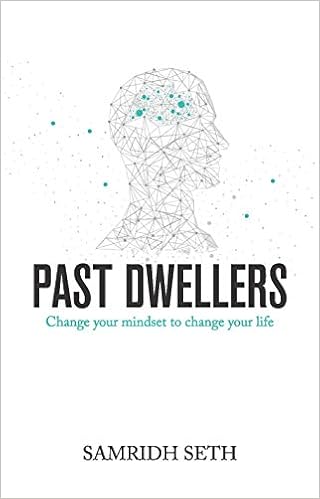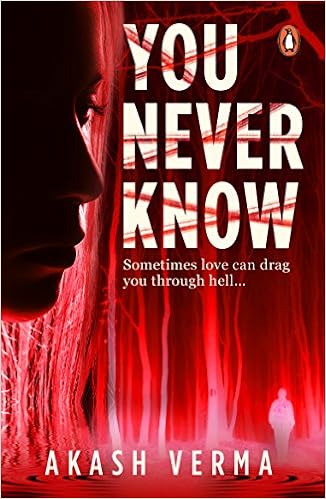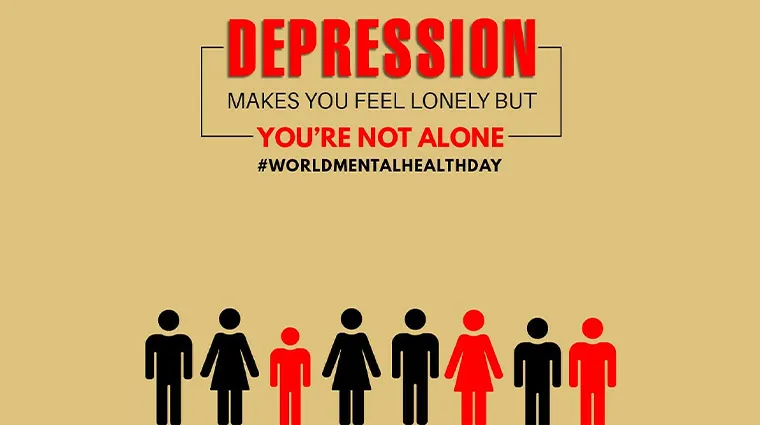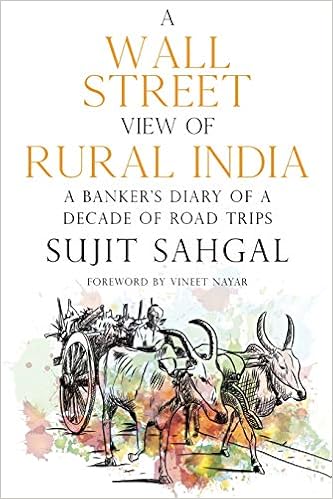1881st BLOG POST
39th
Book of 2020!
I
have read many books on Mahabharat- the biggest epic in the Universe and I must
say that reading it always makes you think about a lot of things – right and
wrong – in the epic itself and also about your actions in your life as there
are many situations in this epic where you can corelate with your situations.
Every book that I have read till date about Mahabharata always started from the
birth of Pandu and Dhritarashtra or Pandavas and Kauravas. This is the first
time where I got my hands upon a book named “The Accursed God: The Lost Epic”
which is written on the character of none other than Bhishma.
Frankly
speaking, I never knew about Bhishma much except that he was respected by all
as I always read about the final War where other characters are dominant. This
book speaks about Bhishma’s journey even right before his birth which gives us
terrific insights about what all happens long before the war of Mahabharat takes
place. This book also talks about how the seeds were planted long back which
kept on developing roots of hatred across generations which finally made the
world suffer the biggest War of all times. I didn’t even know about Bhisma
being the accursed God and how he got the boon of choosing when to die which
this book has made me know very well now.
The
book is written by Vivek Dutta and I must say that the research that the author
has gone through to ensure that the book covers several small details which
plays prominent part in the epic is worth-applaudable. I don’t think that there
are many documents available to know about Bhishma or Devbrata which speaks
volume about the efforts that has been put into giving shape to this book.
Speaking
about few segments specifically which really made me become one with this
book:- the first thing that shall always stay with me is the battle between
Bhishma and Parshuram- the way it has been narrated makes you imagine as if the
same is happening in front of your eyes and you realize the power of the clash
between the titans. Another scene that author does justice is with the
character of Amba which tells a lot about how powerful women were even in those
days.
The
book finally comes into action when the character of Chitrangad becomes king
and starts dominating the things which makes even Bhishma take oath which
surprises everyone- even this scene has been handled very well by the author.
The few initial conversations between Shri Krishna and Bhisma are mesmerizing
as knowing and reading about Shri Krishna is always enjoyable. The last
chapters which tells about how Mathura is conquered by Pandu which irritates
kings from other regions is again a great read which gives the book a nice
closure. Along with this, I am also glad about how author has been able to
include the tale of other regions such as Anga, Yaksha, Gorkha, Magadh,
Gandhar, Mathura, Apar Kunti etc. and their respective kings and generations.
Now,
talking about the drawbacks- when a book is written about a story or epic which
consists of more than 10 characters and speaking about this one, it has lot
many characters- the first thing I expect is a family chart on the 1st
page for the ease of readers to recollect when they read book in breaks. Secondly,
when the plot has battle between different regions etc., then the ancient
Indian map shall also need to be the part of the book. Both these factors are
missing from the book. I believe author has not given nice backdrop on Pandu
and Dhritarashtra’s childhood days as you find them grown up quite soon.
Similarly, a great character Amba is not discussed after a while at all.
I
also feel as this is just first part of a big series, I believe the book should
have been edited well as I believe author has gone into details even in those
segments where it wasn’t needed that kind of elaboration. The book could have
been easily 100-150 pages less as a book of 400-500 pages is tough for a reader
to go through. Also, somewhere, I wanted the book to end with another
conversation between Bhishma and Shree Krishna but I missed it. The book also
consists of typos as even the names of characters are spelled differently at
many instances.
Except
the above few points, overall, this book is a great read in terms of knowing
the character of Bhishma and how characters played with each other due to which
the dynamics got built around them which led to certain scenarios later on in
next generations which led to the War of Mahabharat. I give this book 4 stars
out of 5.
Thanks.
WRITING BUDDHA













